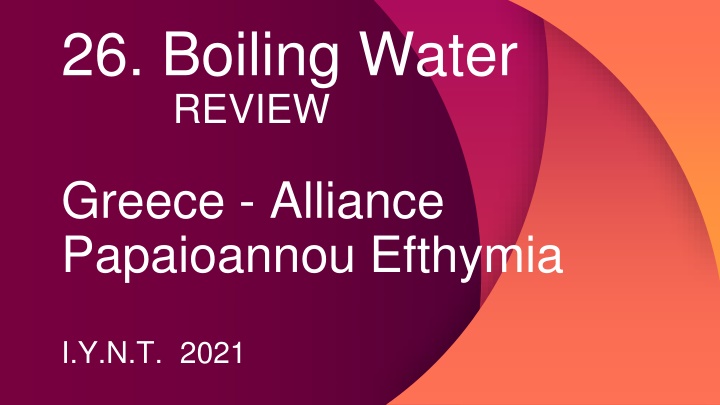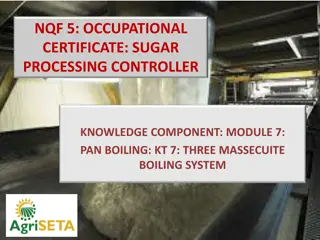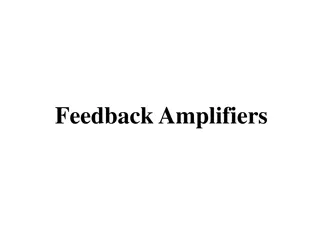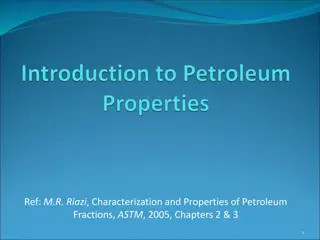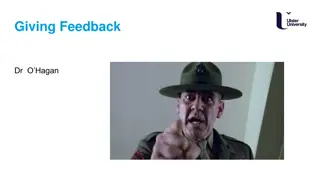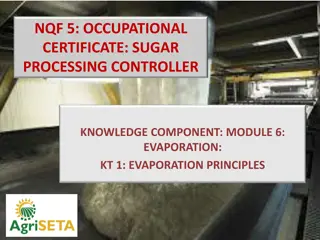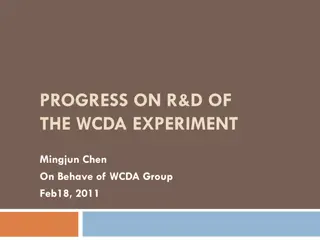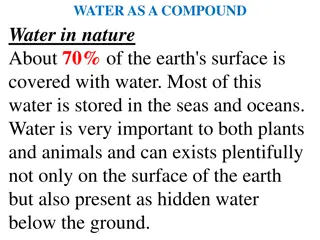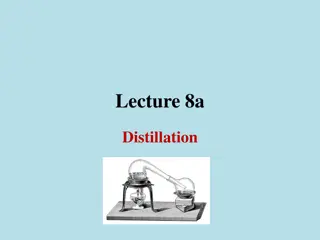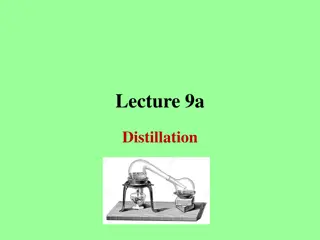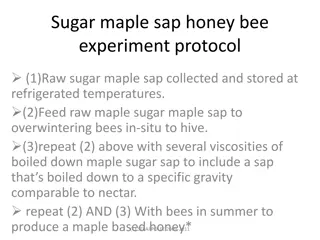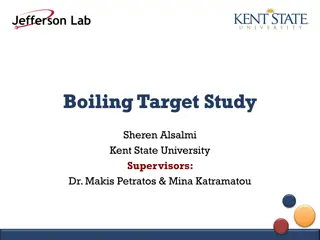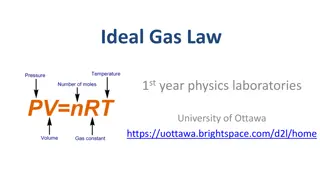Review of Boiling Water Experiment - Analysis and Feedback
A detailed review of a boiling water experiment conducted in Greece, analyzing the presentation of theories, experiments, and results. The reporter's lack of theoretical basis and experimental details was highlighted, while the opponent raised insightful questions and corrections. Emphasis was placed on the importance of scientific accuracy and thoroughness in experimental setups. Points of agreement and disagreement between the reporter and opponent were outlined.
Download Presentation

Please find below an Image/Link to download the presentation.
The content on the website is provided AS IS for your information and personal use only. It may not be sold, licensed, or shared on other websites without obtaining consent from the author.If you encounter any issues during the download, it is possible that the publisher has removed the file from their server.
You are allowed to download the files provided on this website for personal or commercial use, subject to the condition that they are used lawfully. All files are the property of their respective owners.
The content on the website is provided AS IS for your information and personal use only. It may not be sold, licensed, or shared on other websites without obtaining consent from the author.
E N D
Presentation Transcript
26. Boiling Water REVIEW Greece - Alliance Papaioannou Efthymia I.Y.N.T. 2021
Reporter - Theory PROS CONS Did not include a predictive theory. Did not base his hypothesis on the theoretical background of the presentation. Did not refer to the role of the shape of the kettle. Researches suggest that it serves a significant role. Thorough explanation of nucleation, cavitation and surface popping, which support their hypothesis Detected the important roles of the bubbles and the sound pattern. 2
Reporter - Experiments & Results CONS PROS Did not include the experimental setup Did not include information of the kettler they used (if it was older or new, if there was an utilization of hard water before) Did not define the environmental conditions (noise and temperature of the environment) Did not define the characteristics of the kettle (if was electrical or insulated) Mentioned that they used distilled water but still the water boiling temperature was over 100 degrees Explanation of the experiment conduct. Measured the initial conditions of the experiment. 3
Opponent PROS 1. Asked relevant questions about the experimental setup that wasn t explained thoroughly (device that was used, the room that was conducted, the properties of the kettle) 2. Referred to some hypothetical cases. 3. Asked about the difference between the vapour and steam.A significant aspect of the presentation that should be known by the reporter. CONS 1. Made a question about the insulated and non-insulated kettles that was not a part of the experiment 2. In the presentation referred to parameters that had answered and explained (the inclusion of graphs, the measurement of frequency, the correlation of experiment-theory) 4
Points discussed REPORTER OPPONENT Asked about the insulated and non-insulated kettles and difference between them The Reporter mentioned that it doesn t matter We agree with the opponent because she referred in references and gave a scientific based answer 5
Points discussed REPORTER He answered wrongly that it is actually steam OPPONENT Asked if the smoke out of the kettle is steam and at a later stage pointed out that it s not steam but vapor We agree with the opponent that it is not actually steam but vapor what is coming out of the kettle 6
Points discussed REPORTER The opponent mentioned about the possibility of an error in the presentation OPPONENT Mentioned about the disparity of the boiling temperature for distilled water when in the presentation it showed to be 100 degrees when it shouldn t We agree with the Opponent that distilled water shouldn t be boiling at 100 degrees, like it was shown in the Reporter s presentation 7
Missed Points To the Opponent: Did not refer to the significance of investigation of the kettle shape. Did not focus on the possible errors of the presentation. Did not focus how theory it is confirmed through the experimental procedure. 8
SUGGESTIONS Reporter: You should read and understand the problem in depth so as to be ready to answer all the answers right (many answers was answered wrongly). Opponent: Could have focused more on the possible errors of the experimental part and not in many hypothetical questions. 9
Thank you for your attention 10
